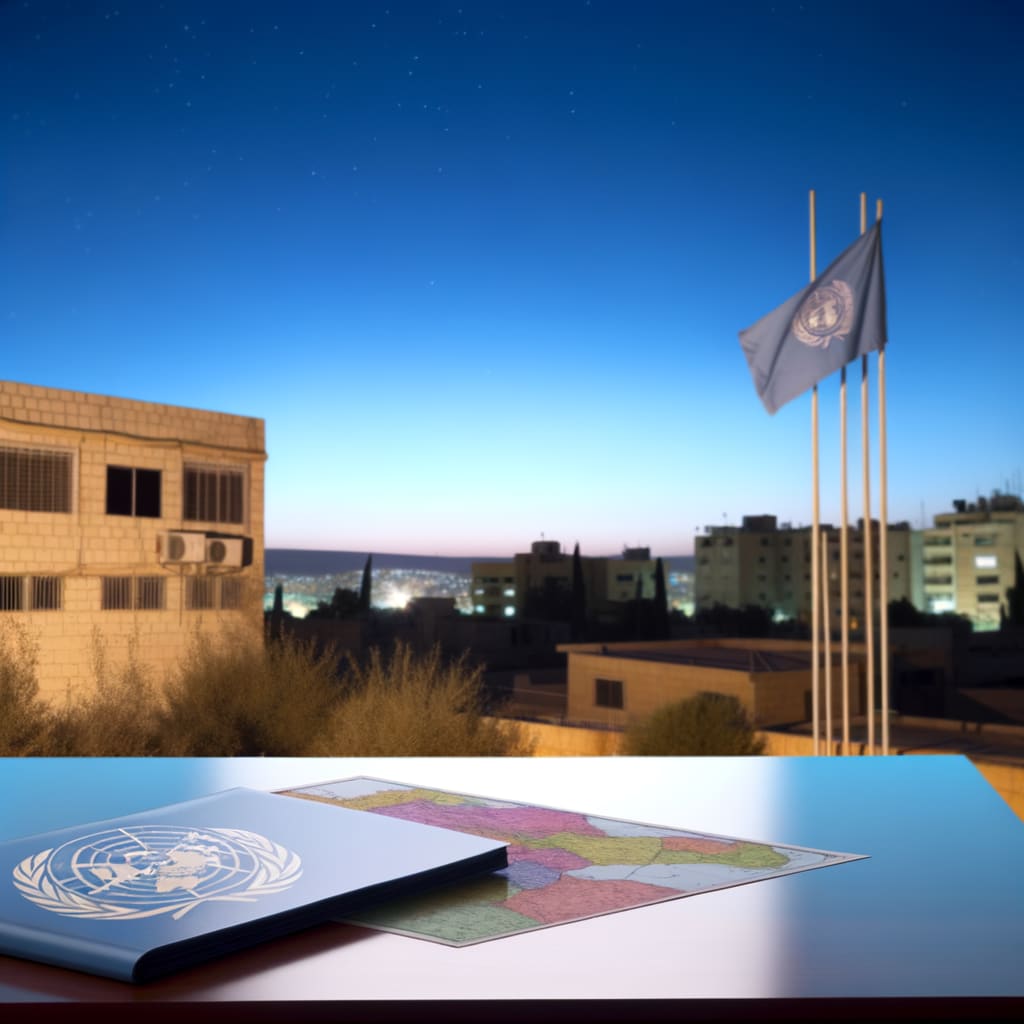Israel Intensifies Strikes on Lebanon, Hezbollah Vows Retaliation Amid Rising Tensions
Tensions have escalated in the Middle East as Israel intensifies its airstrikes in Lebanon, targeting infrastructure and facilities allegedly linked to Hezbollah. The Lebanese resistance group, however, has vowed not to back down, warning that the Israeli aggression threatens the region's stability and Lebanon's sovereignty.
Background and Context
Lebanon and Israel have technically been in a state of war for decades, with the most recent conflicts fought by Hezbollah, not the Lebanese military. Last year, a ceasefire was implemented in November 2024, but Israel has continued near-daily strikes in southern Lebanon, raising regional tensions. Despite the ceasefire, Hezbollah's Secretary-General Sheikh Naim Qassem has warned against Israeli incursions into Lebanese territory.
Recent Developments
In recent days, Israel has unleashed a wave of strikes
on Hezbollah's military sites across southern Lebanon, according to the Israeli army. Hezbollah's infrastructure in southern Lebanon has been targeted, including weapons depots, command centers, and communication systems.
The Israeli military on Thursday said it carried out air strikes in southern Lebanon on what it described as a 'weapons storage facility and underground infrastructure used by Hezbollah',
Middle East Eye reported.
In one incident, an Israeli drone strike killed two Lebanese brothers, with Israel claiming it had hit arms smugglers affiliated to Hezbollah. Despite the IDF's claims of targeting Hezbollah, civilians have been caught in the crossfire, leading to a renewed debate about the distinction between civilians and terrorists.
Lebanese officials have accused Israel of hindering the reconstruction of border villages by systematically attacking construction equipment. The UN estimates that nearly 82,000 people from the South, who fled during the conflict between Israel and Hezbollah, remain displaced.
International Reactions and Implications
The European Union has called on Israel to respect the ceasefire as IDF steps up strikes in southern Lebanon. Meanwhile, the US, while urging a crackdown on Iranian terror funding, has been pushing Lebanon to make concessions without commitments in return.
Hezbollah has warned that Israeli aggression cannot continue, and that they stand ready for any confrontation. Everything has a limit,
warned Hezbollah chief Sheikh Naim Qassem.
Israeli forces, however, have issued more warnings of imminent attacks, emphasizing that their actions are targeted solely at military targets. The IDF has urged residents of several towns to evacuate areas that could come under fire.
Conclusion
As the situation remains tense, the risk of a broader conflict looms large. U.S. Secretary of War Pete Hegseth's recent speech, comparing today's world to 1939, the year World War II began, and 1981, when Cold War tensions surged, signals a preparedness for a potential global confrontation. The ongoing attacks and counterattacks between Israel and Hezbollah, despite a ceasefire, have put the region on a precarious path, and the international community may need to intervene to prevent a full-blown conflict.

